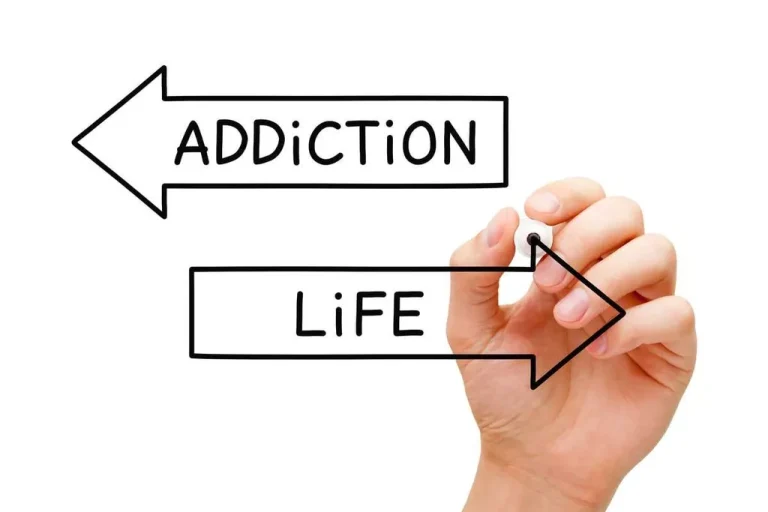
Join us in making a difference today by supporting BIC with a tax-deductible donation.
Prescription medication and other clinical treatment options
- Gamma Hydroxybutyrate (GHB) is now a common club drug abused at nightclubs and all-night parties.
- Cannabis withdrawal is managed by providing supportive care in a calm environment, and symptomatic medication as required (Table 3).
Indeed, the vast majority of those struggling with BZDs are not addicted to them, and for them traditional addiction treatment approaches are unsuccessful [8, 11]. If the person’s original symptoms return once they stop taking prescription benzodiazepines, doctors may also prescribe a different class of medications, or other drugs or therapies, to help manage them during withdrawal. Benzo withdrawals can be severe, and life threatening complications can occur. A healthcare professional should supervise benzo withdrawal to help monitor and manage the symptoms.
Overall effects on everyday life
Benzodiazepine withdrawal is a series of physical, emotional and behavior changes experienced when a person tries to reduce its dose or cease taking a benzodiazepine like Xanax, Klonopin, Ativan, Diazepam, Librium or Onfi. When a person becomes physically dependent on benzodiazepines their body and brain become so accustomed to having the drug that they will experience withdrawal symptoms when you cut down the dose or stop the drug. Stopping benzodiazepines all at once can be dangerous, so your doctor will likely guide you through a tapering regimen that involves gradually reducing your dose over time. If you experience severe withdrawal symptoms during tapering, tell your doctor so they can adjust your care plan as needed. Acute opioid withdrawal is followed by a protracted withdrawal phase that lasts for up to six months and is characterised by a general feeling of reduced well-being and strong cravings for opioids. To reduce the risk of relapse, patients should be engaged in psychosocial interventions such as described later in these guidelines.
Protracted withdrawal syndromes from benzodiazepines

Withdrawal symptoms can occur after as little as one month of use, even on small, therapeutic doses. Among people taking benzodiazepines for longer than six months, about 40% experience moderate to severe withdrawal symptoms when they quit suddenly. Patients undergoing alcohol withdrawal may have numerous potentially life-threatening medical problems.
- They generally do not want to see a lot of printed off pages, as there is no time to really read them during the office visit.
- Such tolerance develops unevenly in different brain systems and may be slow to reverse.
- His death was a direct result of involuntary benzodiazepine cessation.
- Some people can taper per the plans in the Ashton Manual, while others find that, in order to avoid debilitating symptoms, they must taper more slowly than what the manual recommends.
- Benzodiazepine withdrawal syndrome (BZWS) can result from the chronic prescription and use of benzodiazepines or Z-drugs.
- Dizziness is often reported as being the withdrawal symptom that lasts the longest.
- The Drug Enforcement Agency (DEA) classify benzodiazepines as a Schedule IV controlled substance.
They can range in severity, though for some people, they remain mild and manageable. Consequently, experts recommend you take benzodiazepines for no more than 2 weeks if you use them daily. If you only use them once every few days, you may be able to take them for up to 4 weeks. Cannabis withdrawal is managed by providing supportive care in a calm environment, and symptomatic medication as required (Table 3).


Apart from tapering rate, there are no other known predictors for the severity of the withdrawal syndrome. Slowly reducing the dose, less than 5 to 10% of the current dose monthly, can minimize the severity of the withdrawal symptoms and is the recommended way to discontinue benzodiazepines safely. Although severe benzodiazepine withdrawal syndrome I refer to protracted withdrawal as drug neurotoxicity[emphasis added], it is still a bad idea to give the doctor a diagnosis rather than to present symptoms. Use of sedatives like barbiturates and benzodiazepines can also produce withdrawal responses that resemble alcohol withdrawal syndrome.

Leave a Reply